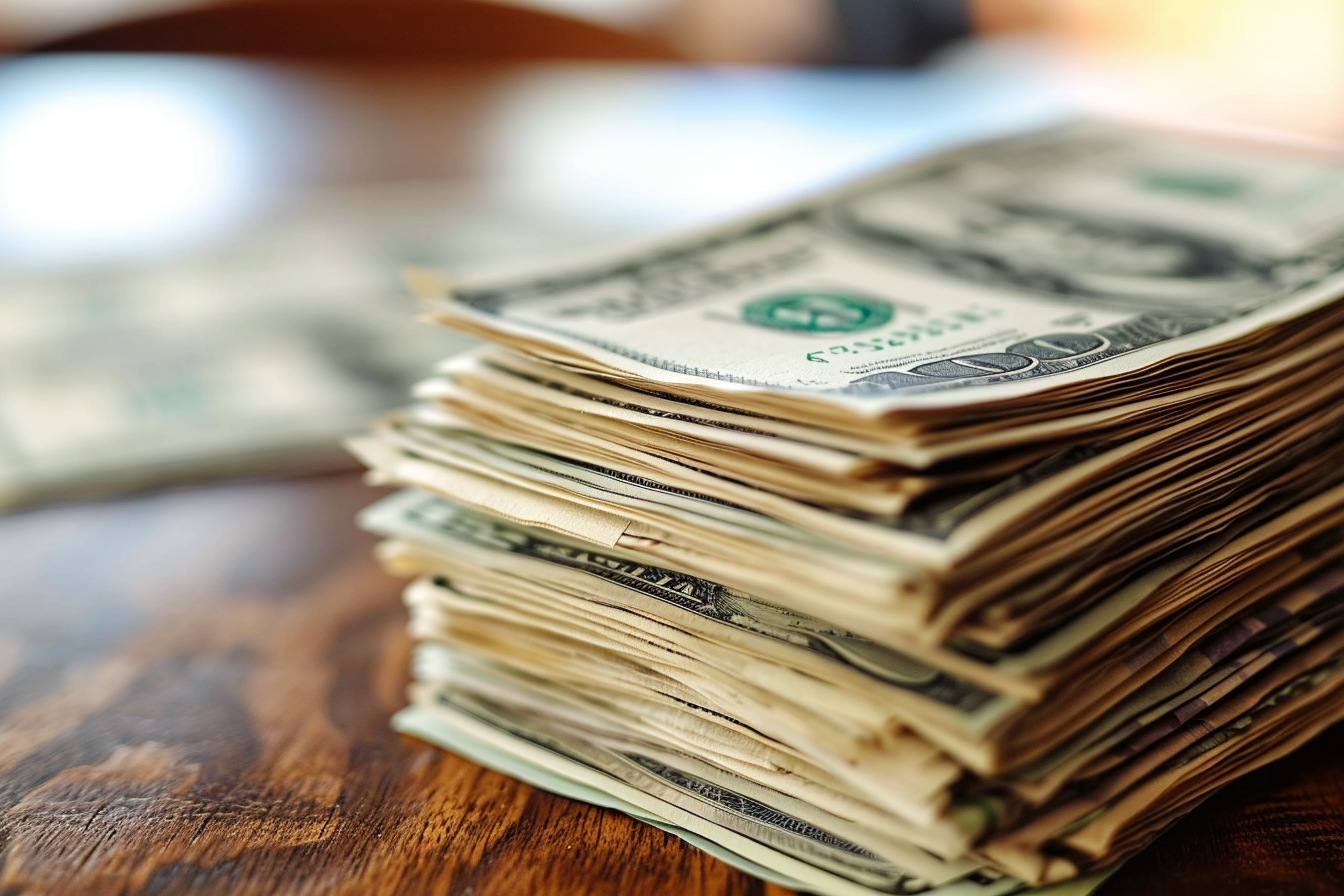In a world where financial savvy is vital, understanding what not to spend your money on can be as important as knowing where to invest it. From avoiding the pitfalls of payday loans to steering clear of the allure of new car purchases, this guide delves into 21 common money wasters that can hinder your financial health.
Whether it’s the high costs of credit card debt, the deceptive appeal of timeshares, or the hidden expenses of cheap clothes, we’ll explore why these choices can be detrimental to your wallet and provide more innovative alternatives to keep your finances on track.
21 Things You Should Stop Wasting Money On:
- Payday Loans: Extremely high interest rates make these a poor financial choice.
- High-Interest Credit Cards: Carrying a balance on cards with high-interest rates can be very costly.
- Leasing New Cars Frequently: Continuously renting new cars can be a significant financial drain. It often involves higher long-term costs than car purchases due to perpetual payments and strict mileage limits.
- Buying New Cars: They depreciate quickly; buying used is almost always more economical.
- Timeshares: Often not a good financial decision due to maintenance fees and lack of flexibility.
- Lottery Tickets: Statistically unlikely to win; considered a poor financial bet.
- Extended Warranties: Often not cost-effective; consumer reports usually advise against them.
- Eating Out Frequently: Cooking at home is generally cheaper and healthier.
- Fast Fashion: Poor quality and environmental impact make these a poor long-term choice.
- Unused gym membership: This is an unnecessary expense if not regularly used.
- Luxury Brands for Status: The happiness gained from luxury goods for status is short-lived.
- Impulse Purchases: This can lead to buyer’s remorse and financial waste.
- High-Fee Mutual Funds: Index funds or ETFs often offer lower fees and similar, if not better, performance most of the time.
- Expensive Cable Packages: With streaming options, cable can often be an unnecessary expense.
- Bottled Water: Environmentally harmful and more expensive than filtering tap water.
- Brand Name Drugs (when generics are available): Generics offer the same benefits at a lower cost.
- Unnecessary Insurance Policies: For example, specific disease insurance or mortgage life insurance are unnecessary when already adequately insured.
- Subscriptions You Don’t Use: Regularly review and cancel unused subscriptions.
- Late Fees and Overdraft Fees: This can be avoided with careful financial management.
- Low-Deductible Insurance Plans: Higher deductibles can significantly lower premiums.
- Energy Inefficiency at Home: Investing in energy-efficient appliances and practices saves money in the long run.
